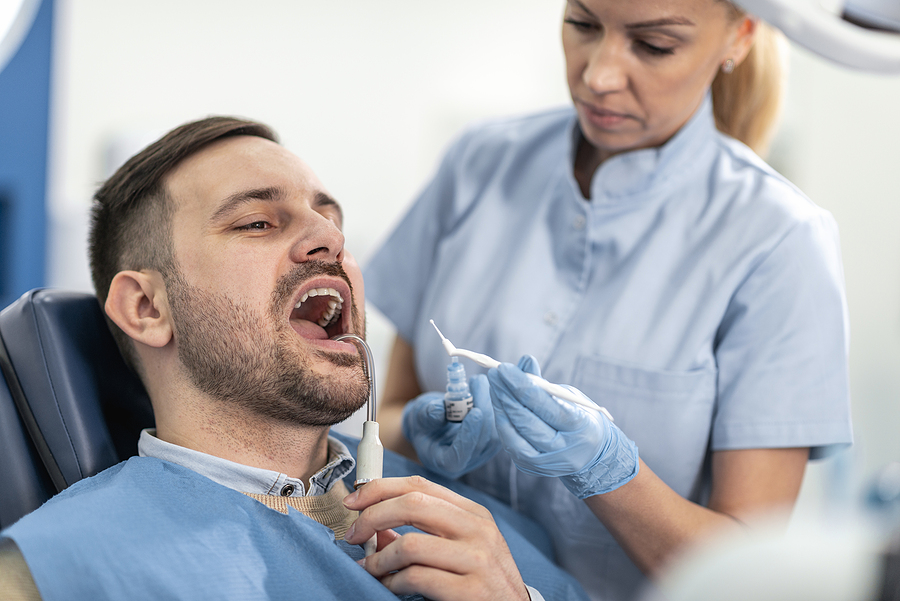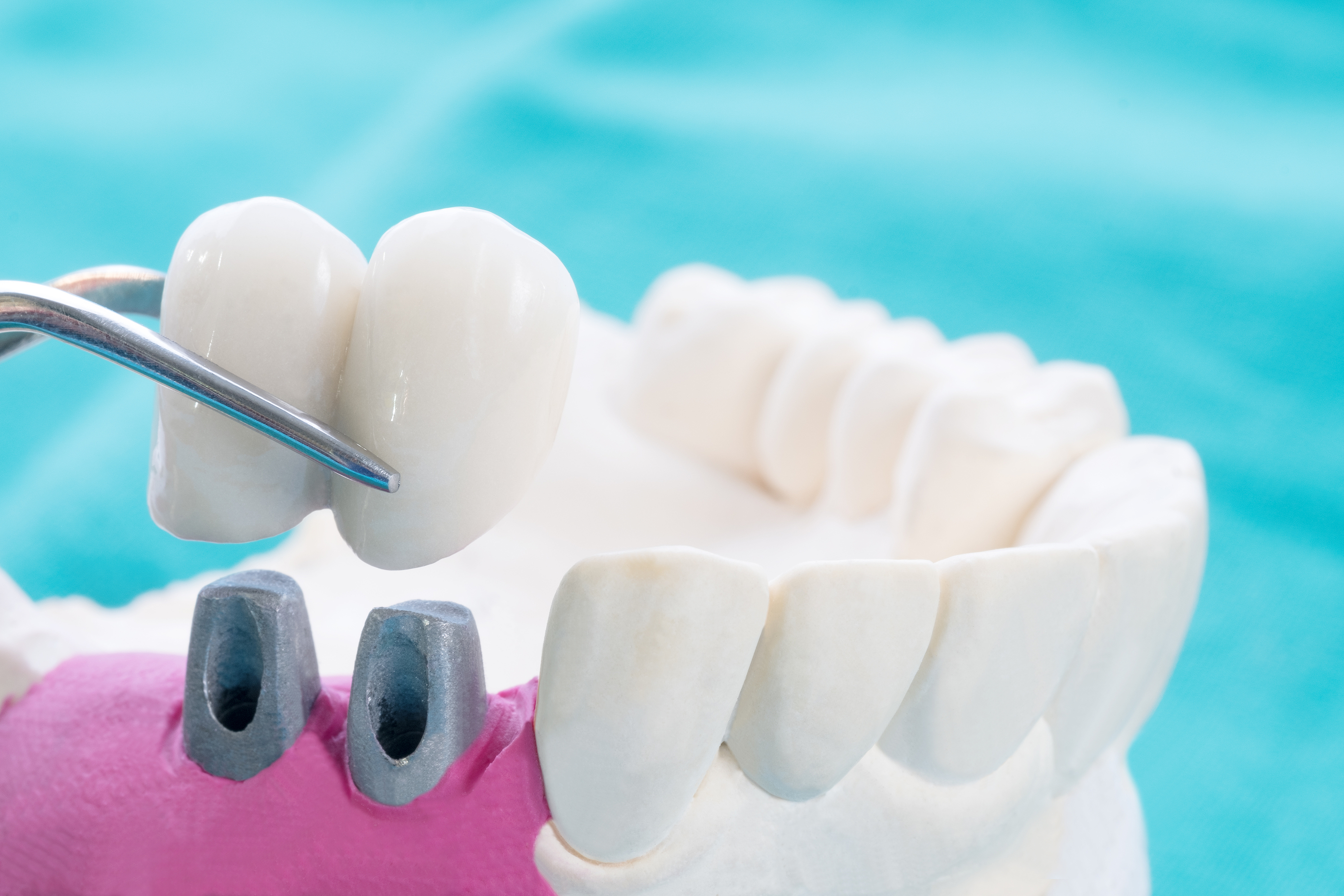Do You Have Sleep Apnea? Know the Symptoms

Do You Have Sleep Apnea? Know the Symptoms
Living with sleep apnea can hamper a person’s ability to get a good night’s sleep and result in debilitating daytime fatigue that makes everyday activities such as driving and working increasingly difficult. From falling asleep while reading or watching a movie to having difficulty concentrating at school, this common sleep disorder can affect every aspect of an individual’s life. Fortunately, there are treatments available to treat this draining condition and help individuals finally wake up feeling rested. Knowing the symptoms of sleep apnea and common risk factors to look out for can help people know when to seek help.
Sleep apnea risk factors
There are two different variations of this sleep disorder: Obstructive sleep apnea and central sleep apnea. Some people have complex sleep apnea syndrome, which is a combination of both types. While both result in involuntary breathing pauses while sleeping, the cause and appropriate treatment varies. There are several factors that can increase an individual’s risk of both obstructive and central sleep apnea.
Obstructive sleep apnea risk factors
Obstructive sleep apnea is the most common type people are diagnosed with and is caused by throat muscles in the back of throat relaxing and causing the airways to narrow. Being overweight and a male are two common risk factors, in addition to being older. Some people are born with larger necks or narrowed airways, which can contribute to the condition. Habitual drinking and smoking can also lead to obstructive sleep apnea.
Central sleep apnea risk factors
Central sleep apnea is a less common variation of the sleep disorder and is caused by the brain failing to send signals to important breathing muscles. Like obstructive sleep apnea, being older and a male increases the risk of this disorder. While smoking and alcohol do not contribute to central sleep apnea, using opioid medications does. Additionally, certain heart disorders and a past stroke are both risk factors.
Sleep apnea symptoms
Many of the symptoms are the same for both obstructive and central sleep apnea. Almost everyone with sleep apnea reports excessive daytime sleepiness and a majority of people with the condition deal with loud snoring. Some people will also experience irritability and depression-like symptoms. Other common symptoms associated with this sleep disorder include the following:
- Difficulty staying asleep at night
- Waking up to go to the bathroom at night
- Difficulty concentrating
- Memory loss
- Waking up with a sore throat or dry mouth
- Frequently experiencing morning headaches, especially tension headaches
- Gasping or choking for air while sleeping
Conclusion
Although it is a very common sleep disorder, sleep apnea can affect a person’s overall quality of life and leave the individual feeling tired and irritable throughout the day. It is important that people are familiar with this condition and know how to recognize the symptoms. Whether experiencing the symptoms firsthand or noticing them in a partner, seeing a doctor for the sleep disorder and receiving the proper treatment can help the patient and anyone who sleeps nearby finally get a full night’s rest.
Request an appointment here: https://www.dentistrywalnutcreek.com or call Advanced Dentistry Of Walnut Creek at (925) 937-2273 for an appointment in our Walnut Creek office.
Check out what others are saying about our services on Yelp: Read our Yelp reviews.

Working Hours
- MONClosed
- TUE - THU8:30 am - 5:00 pm
- FRI8:30 am - 2:00 pm
- SAT - SUNClosed





comments